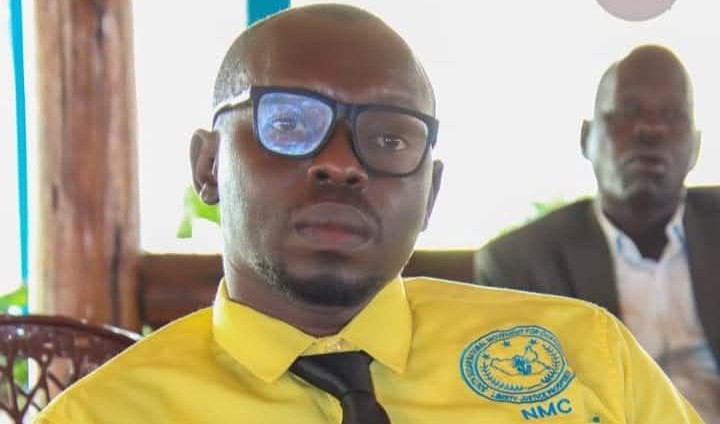
Political transition is critically important for South Sudan, particularly in the case of the Sudan People’s Liberation Movement (SPLM), as it holds the key to lasting peace, stability, and democratic governance.
Since leading the liberation struggle that secured South Sudan’s independence in 2011, the SPLM has struggled to transition from a liberation movement to a fully functioning democratic political party. This failure has contributed to internal power struggles, most notably the 2013 civil war, which plunged the nation into further instability. To break the cycle of militarized politics, South Sudan must move away from personality-based rule and establish institution-based governance that fosters inclusive political participation and reconciliation.
South Sudan’s political system remains fragile, with weak institutions and limited checks and balances. A genuine political transition within the SPLM would encourage internal reforms, strengthen transparency and accountability, and support the development of a multiparty democracy governed by the rule of law. Without such changes, the country risks prolonged instability and governance failures that will hinder national progress.
The SPLM itself has splintered into various factions—SPLM-IG, SPLM-IO, among others—each with competing visions and interests. Political transition is necessary to reunify or harmonize these factions through peaceful political processes, ensuring the successful implementation of the 2018 Revitalized Agreement on the Resolution of the Conflict in South Sudan (R-ARCSS). A stable and unified political structure is essential for national unity and preventing further conflict.
Meanwhile, ordinary South Sudanese are becoming increasingly disillusioned with elite power struggles. Restoring public trust requires a credible political transition that empowers citizens through free and fair elections, ensuring that leadership is based on merit and legitimacy rather than military influence.
The international community, which plays a vital role in supporting peace and development in South Sudan, also expects meaningful political reform. A successful transition will enhance the country’s diplomatic standing, unlock foreign aid and investment opportunities, and attract much-needed technical and economic support for national rebuilding.
In conclusion, South Sudan’s political future depends on a transformative shift within the SPLM from a liberation-era power structure to a modern, democratic actor capable of governing effectively, inclusively, and peacefully. For South Sudanese, such a transition offers hope for lasting peace, meaningful development, and a government that truly represents the aspirations of its people.
Note: The views expressed in this ‘opinion’ piece published by Standard Zone News (SZN) are exclusively those of the writer. The author is solely accountable for the veracity of any claims indicated, not the SZN.
The author can be reached via guyagbotia@gmail.com or 0980992304

